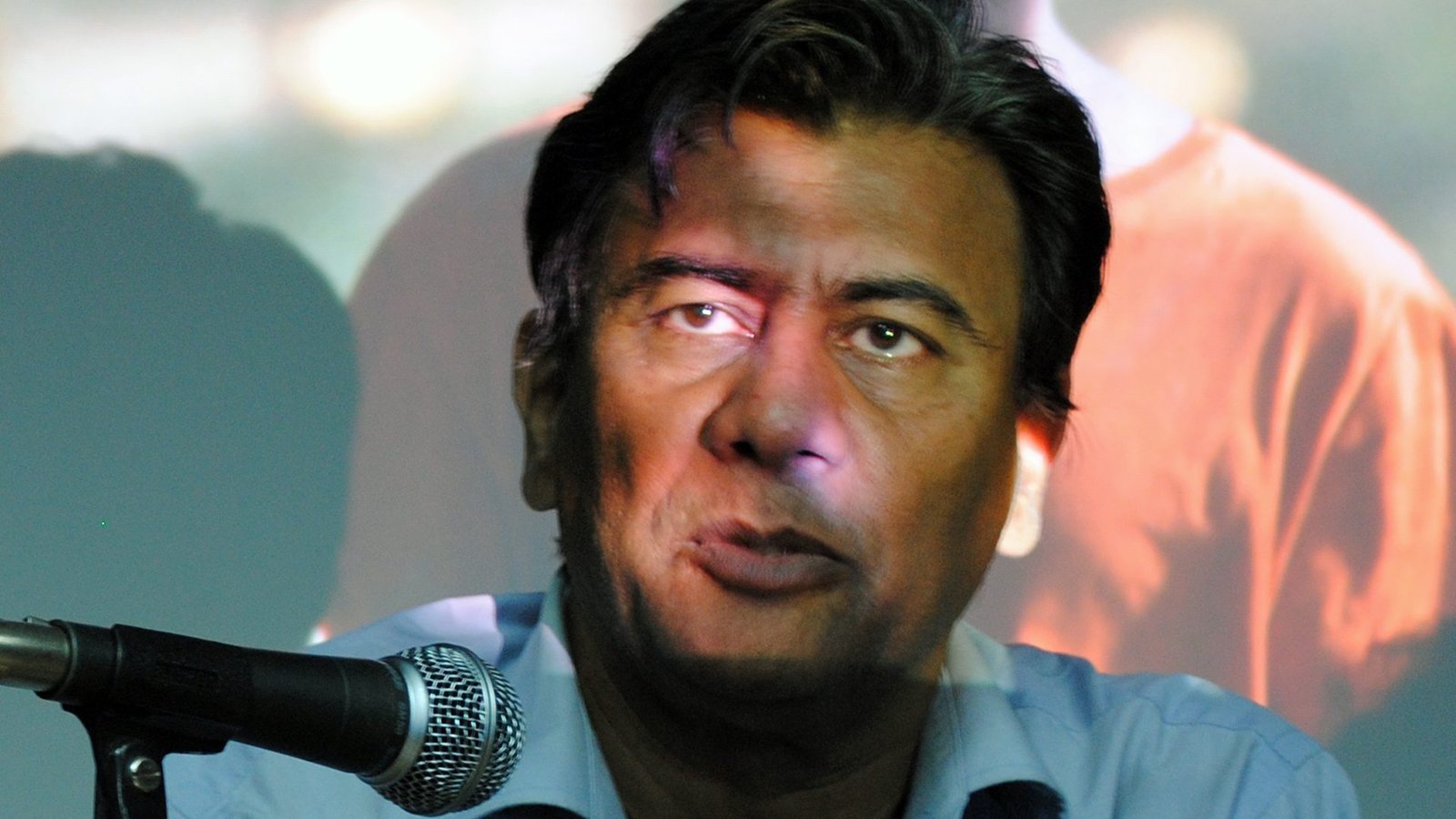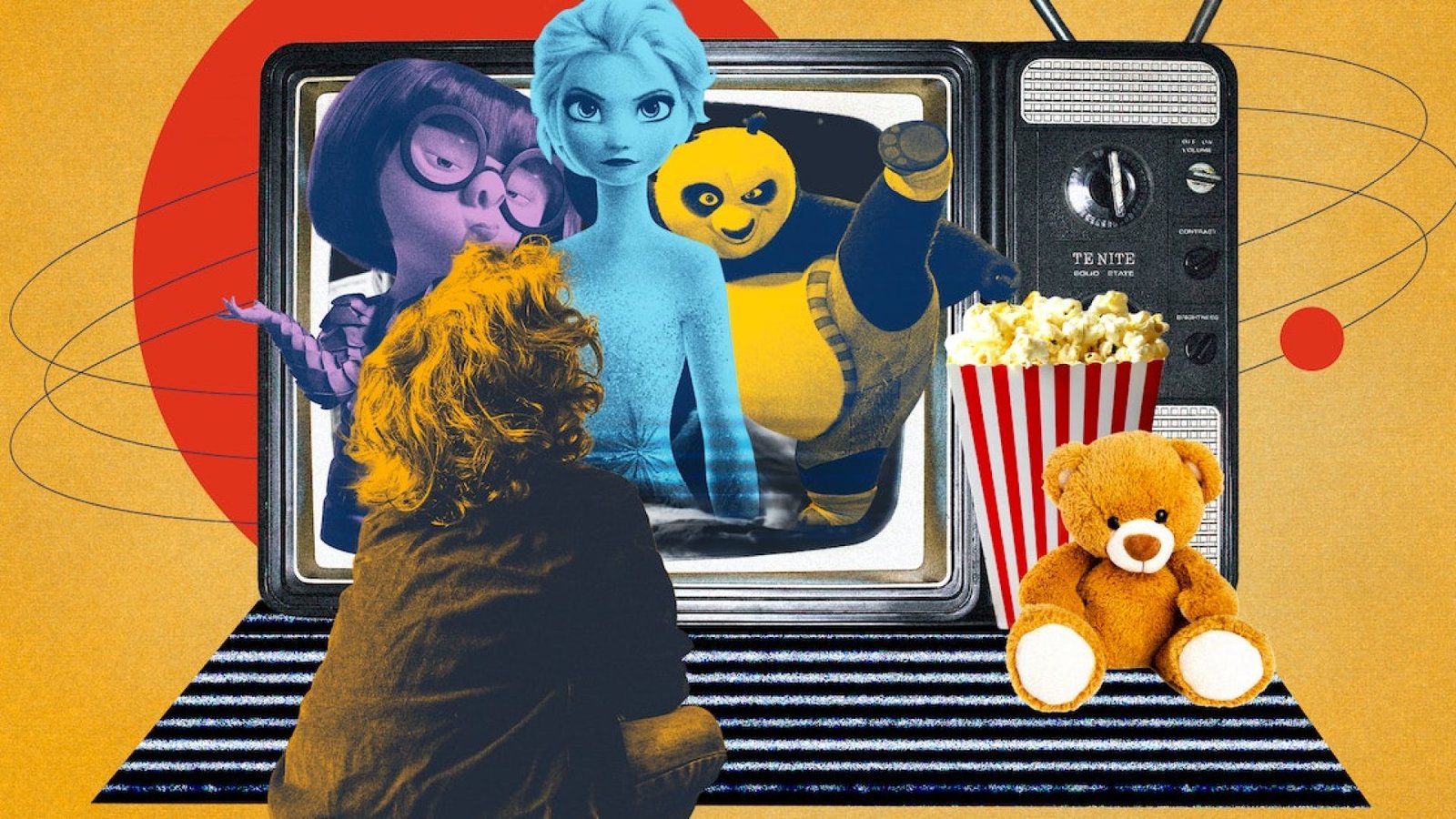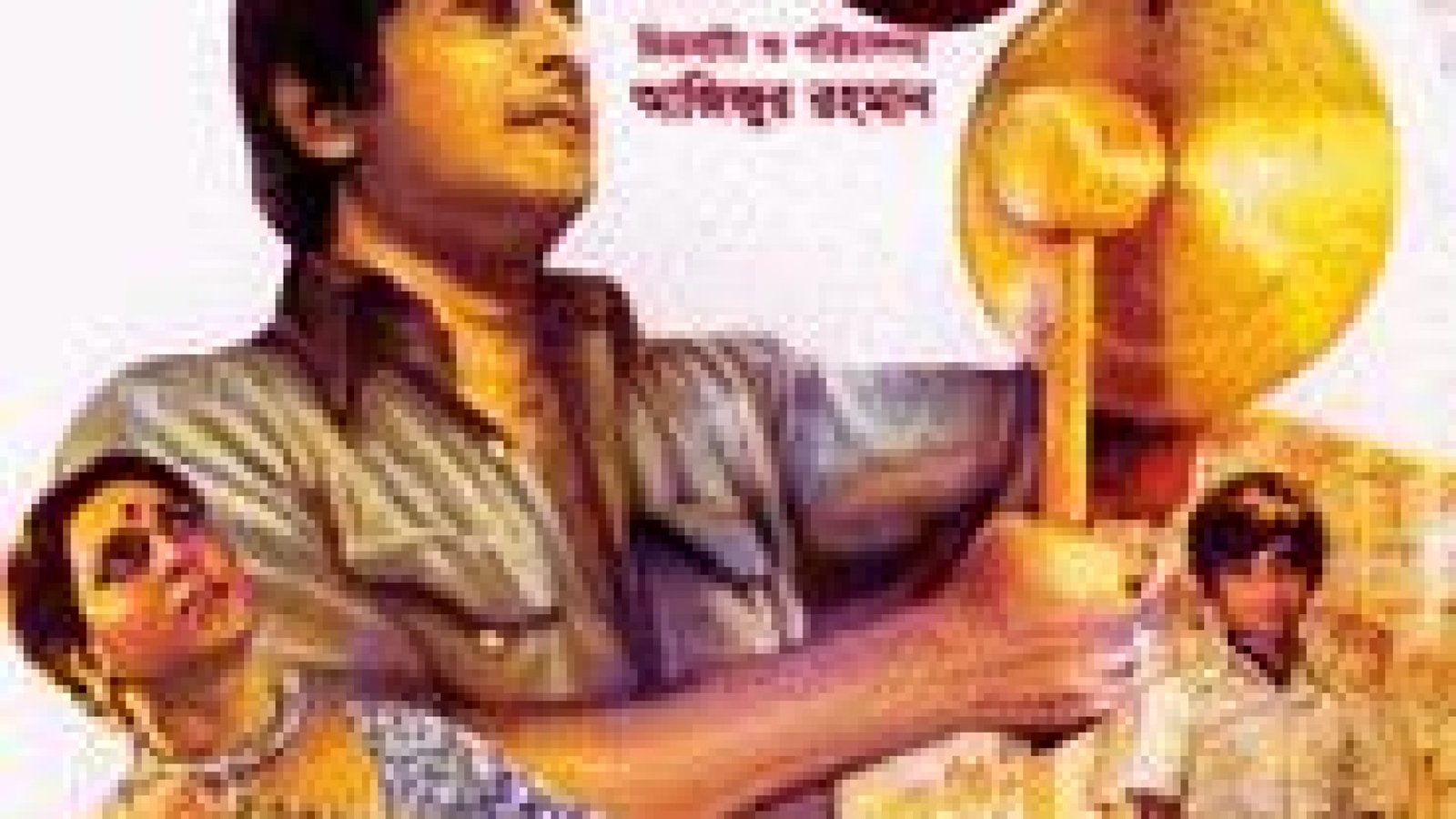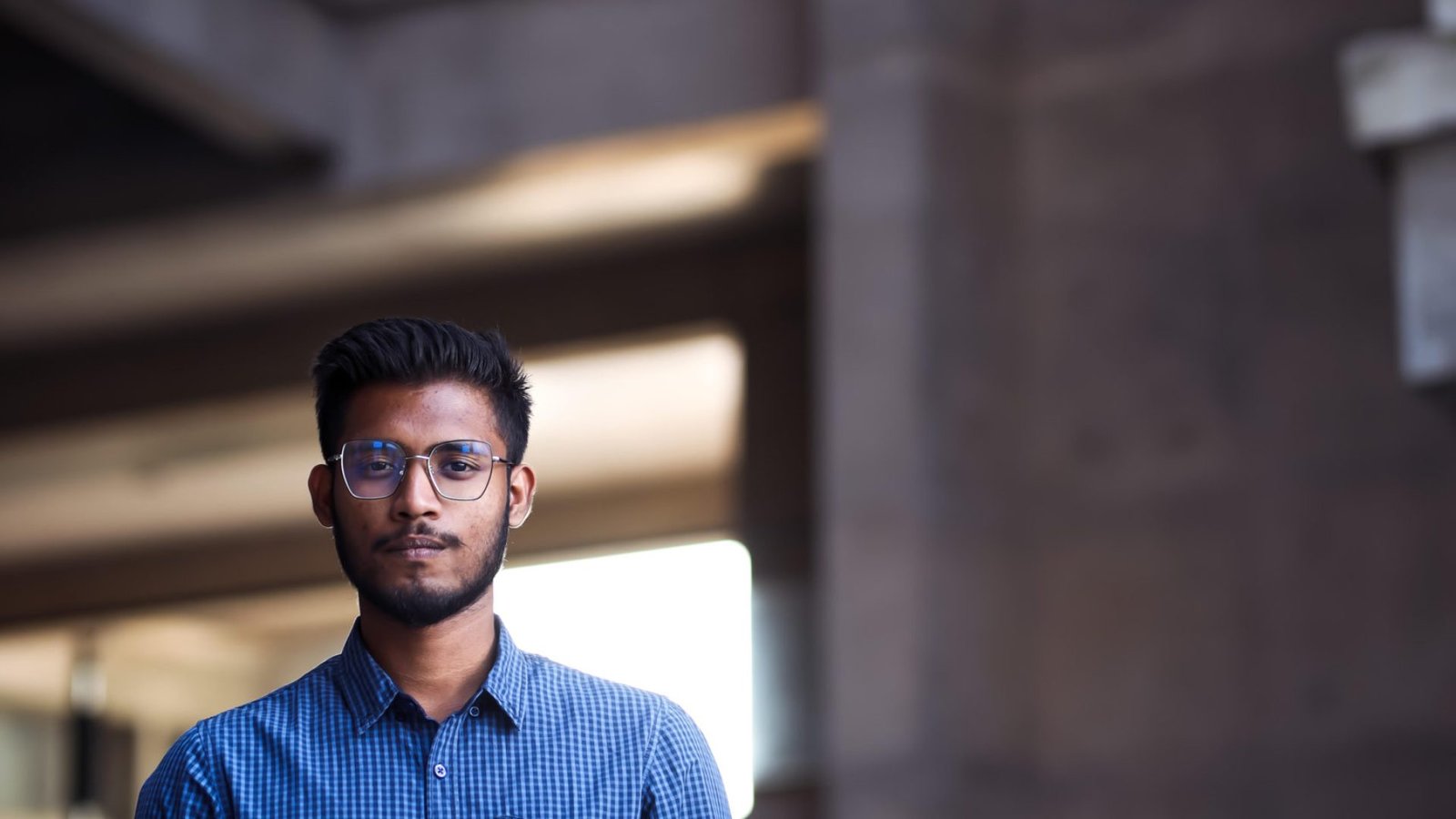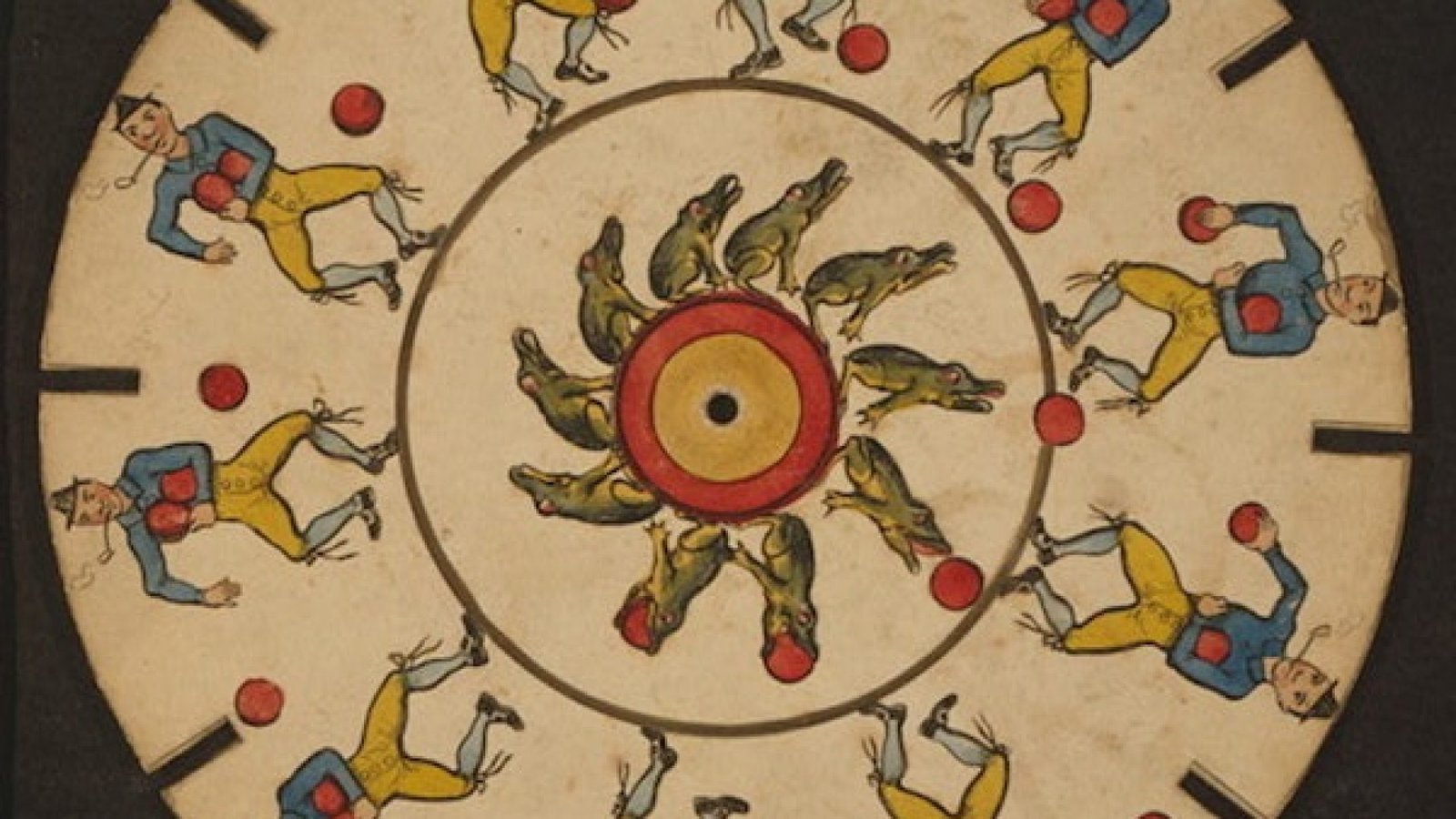Tareque Masud was a visionary filmmaker. He portrayed ordinary people in extraordinary stories. Tareque Masud’s educational life started in a Madrasa, where he went up to the age of 15. After that, he joined a co-educational English medium college. So his works have versatile characters in them from virtually every corner of the society. Themes such as religion, poverty, feminism, nationalism and relationships play key roles in his storytelling and characterisation. In almost all of his films, he portrayed the orthodox face of Islam in our society. He showed how the rigid intentions towards Islam in our society have become a part of it itself, where many things are accepted and also ignored in the name of religion. This goes for his female characters as well. In his films, feminism is represented with independent and caring emotions. Women, in Tareque Masud’s eyes, should have free thinking and ability to work rather than locked away in household chores. Two of Tareque Masud’s greatest works are “Matir Moyna” and “Runway,” where he tells two different stories from different times, but they are similar in terms of social norms, cultural values and simplicity of storytelling. All of his films demonstrate brave vision about our country and society and how he depicted his thoughts through his genius works.
Tareque Masud’s first full-length feature film Matir Moyna debuted at the Cannes Film Festival. He derived inspiration from this film from his own childhood experiences. He won the International Critic’s Award at the Cannes in 2002 for this film and the FIPRESCI Prize for Directors’ Fortnight for “its authentic, moving and delicate portrayal of a country struggling for its democratic rights.” Matir Moyna was received with critical praise and toured the international circuit. It was one of the first Bangladeshi films to be widely circulated and was greeted with enthusiasm for its realistic depiction of life without the melodrama that is prevalent in many other South Asian films
The story of Tareque Masud’s last ever film Runway revolves a poor migrated family living in the outskirts of the airport in Dhaka and young Ruhul, who lives with his family in a small hut next to the runway. His mother Rahima struggles to support the family by selling milk from a cow bought with a micro credit loan. His sister Fatima works long hours in a garment factory. There has been no word from their father for over a month, since he left for a job in the Middle East. But the story is not confined to the poverty of the four-member family. It also focuses on the country’s ongoing socio-economic and political situation and reveals the reasons behind the spreading of the Islamic fanatic movement across the country.
A madrasa dropout, Ruhul spends his days wandering under the shadow of the planes, aimless and frustrated in his futile efforts to find work. One day at a cyber café he meets Arif, a computer savvy young man who exudes confidence and a sense of purpose. The world Arif introduces him to seem inspiring and new, but eventually Ruhul’s life spirals into an evil world of intolerance, violence and ultimately death of Arif. The director describes in the film how aimless and frustrated Ruhul gets involved with the so-called Jehadist movements. After some bloody attacks, Ruhul leaves the gang and realises his mistakes.
Tareque Masud wanted to show that not only national but international socio-economic and political struggles could also change the life of a simple boy, forcing him to become an Islamic extremist and how this affects the condition of his family.
* Photo: Wikipedia Commons

